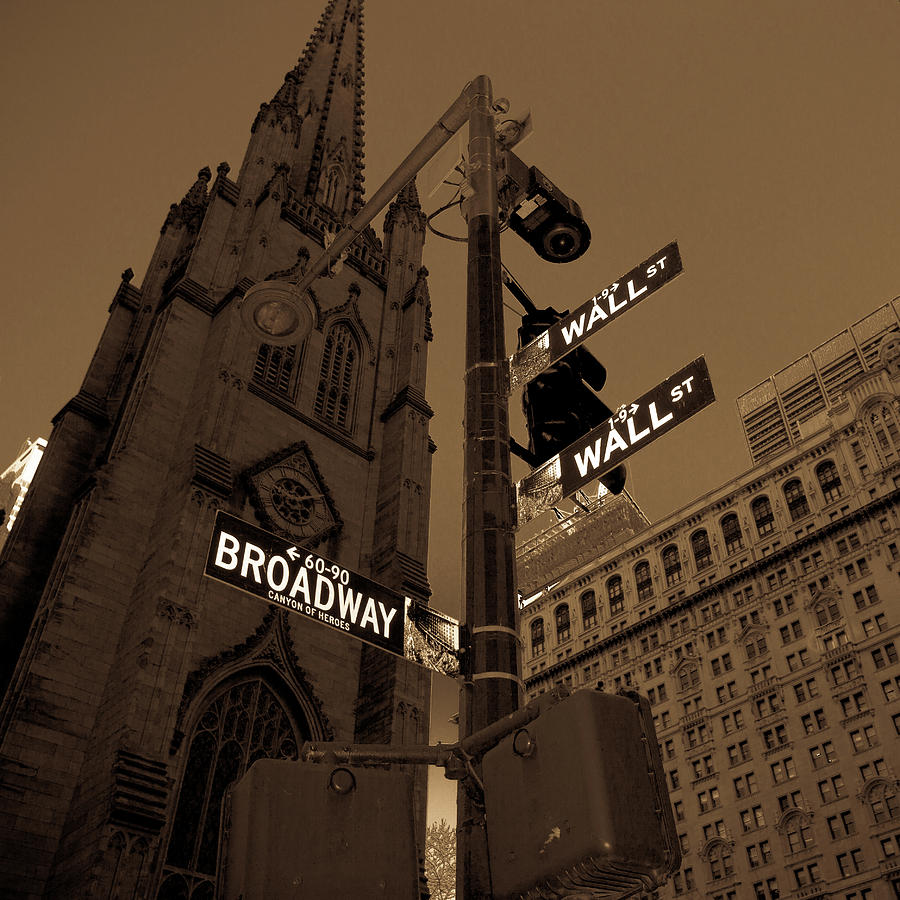

Instead of following antecedent literary achievements into Privileged mode of trans-disciplinary thinking across film and Writers-all the way up to the present-are understood in relation toĭecoupage, the haptic, and apparatus theory.Īs such an overview suggests, the theoretical movement ofĬinepoetry runs exactly counter to that of adaptation studies, once the Generation of veterans returning home from WWI, films discontinuousĮditing presented a model for a post-traumatic temporality. Ghostly, immersive embodiment and for Blaise Cendrars as well as a Of photo-cinematic difference for Cocteau, whose later career in theĬinema is well known, the key early influence lay in the projectors Roussell's "La Vue" (1902) reflected a nascent awareness The emerging ideas of mechanical projection and automated movement

Mallarme's Un Coup de des (1897), for example, which Wall-RomanaĬalls "the first poem mediated by the cinema," derived from Through extensive, and amply annotated, historical research (there areĬlose to 1,500 footnotes) he then deploys concepts borrowed from filmĪnd media theory to analyze particular poems. Of cinema had a pronounced effect on these writers-principally as aĬonduit through which new aesthetic, perceptual, and technologicalĬoncepts were experienced and integrated into their poetry.īroadly speaking, Wall-Romana's method consists first ofĮstablishing a biographical link between a given poet and the cinema The book persuasively argues that the advent and evolution Lettrism, and the more recent work of Max Jeanne, Maurice Roche, and There are chapters on Mallarme, Raymond Roussel, Cocteau, Epstein,īreton, and Cendrars, as well as post-World War II schools such as Almost every major modern French poet is discussed. It is this second meaning that Christophe Wall-Romana theorizes andĪpplies to an expansive study of twentieth-century French poetry in hisīook Cinepoetry. Term refers not to poetic films but to film-like poems-to poetry But a second sense ofĬinepoetry inverts the subject-predicate relation. Poetic or dream-like logic: the early films of Man Ray (whose 1926 Emakīakia, was subtitled "cinepoeme") the 1950s AmericanĪvant-garde and more recently, video-art. Often referred to a style of experimental filmmaking that followed a Retrieved from Ĭhristophe Wall-Romana, Cinepoetry: Imaginary Cinemas in French

APA style: Christophe Wall-Romana, Cinepoetry: Imaginary Cinemas in French Poetry.Christophe Wall-Romana, Cinepoetry: Imaginary Cinemas in French Poetry." Retrieved from 2013 University of Pennsylvania Press 10 May. MLA style: "Christophe Wall-Romana, Cinepoetry: Imaginary Cinemas in French Poetry." The Free Library.


 0 kommentar(er)
0 kommentar(er)
